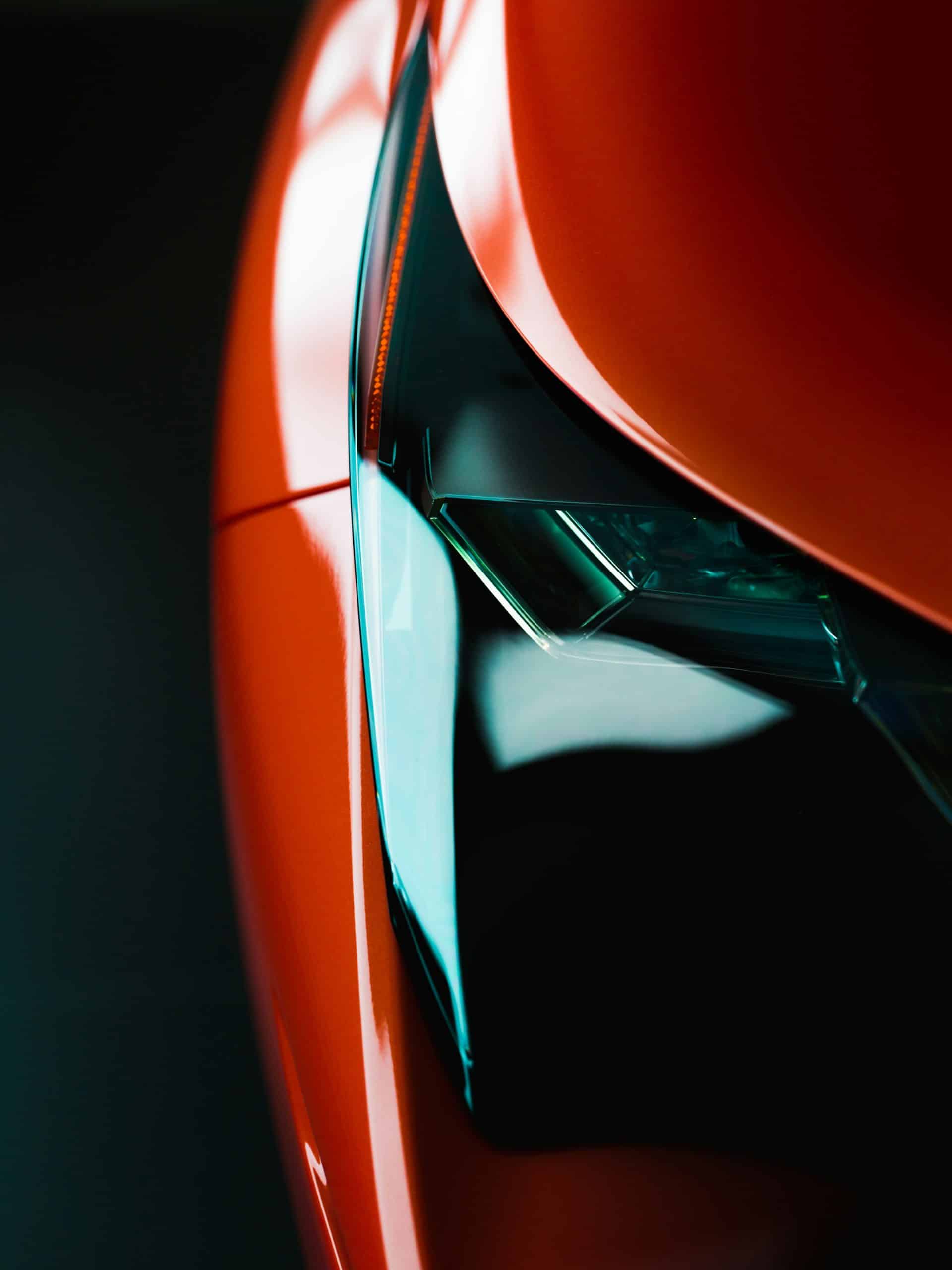Can the Installation of Performance Sway Bars Improve the Cornering of a Chevrolet SS Sedan?

You’ve probably heard the buzz in the automotive community about sway bars and the huge impact they can have on your car’s handling and performance. But what exactly are sway bars? How do they work? And does installing performance sway bars on a Chevy SS Sedan really improve its cornering ability? These are all valid questions that we’ll delve into in this article.
Understanding the Role of Sway Bars in Car Suspension
Sway bars, also known as anti-roll bars, are a crucial component of your vehicle’s suspension system. They are designed to limit body roll and improve lateral (side-to-side) stability during cornering, thus enhancing the overall handling and performance of your car. Specifically, sway bars work by connecting the left and right wheels together through short links and using torsion springs to resist body roll.
Lire également : Can You Upgrade the Infotainment System in a Honda CR-V for Better Connectivity?
When your car takes a turn, centrifugal force pushes it outwards. This leads to body roll, where one side of the car lifts while the other side dips. It’s here that sway bars come into play. They distribute the force of the turn evenly between the front and rear wheels, reducing the amount of body roll and keeping your car more stable.
The stock sway bars that come with most vehicles, including Chevrolet SS Sedans, are generally designed for comfort rather than performance. They are usually non-adjustable and may not provide the level of resistance needed for aggressive driving or high-speed cornering. This is where aftermarket performance sway bars come in.
Avez-vous vu cela : Which Aftermarket Air Filter Offers the Best Protection for a Ford Ranger Wildtrak’s Engine?
The Benefits of Performance Sway Bars on a Chevrolet SS Sedan
Installing performance sway bars on your Chevy SS Sedan can have a transformative effect on its handling and performance, particularly when it comes to cornering. How so? Well, let’s take a look at some of the key benefits.
Performance sway bars are typically stiffer than stock sway bars, meaning they offer greater resistance to body roll. This can lead to a more planted feel during cornering, giving you increased confidence behind the wheel.
Also, performance sway bars are often adjustable. This means you can tweak the level of stiffness to suit your driving style and conditions, allowing for a customized driving experience. With the right adjustments, you can significantly improve your car’s balance and cornering performance.
Furthermore, performance sway bars can help compensate for other modifications to your car’s suspension, such as lowering springs or performance shocks. By limiting body roll, they can help maintain stability and control, even when other modifications have altered your car’s center of gravity.
The Installation Process of Performance Sway Bars
Now, you might be wondering how difficult it is to install performance sway bars on your Chevrolet SS Sedan. While it may seem daunting, with a little bit of patience and the right tools, it’s a task that you can potentially undertake yourselves.
Firstly, you need to remove the old sway bars. This usually involves disconnecting the end links that connect the sway bar to the control arms, and then removing the bushings and brackets that hold the bar to the car’s chassis. It’s important to take note of how everything is assembled, as you’ll need to install the new sway bar in the same way.
Next, you install the new performance sway bar. This involves attaching the new bushings and brackets, connecting the end links, and adjusting the bar to the desired stiffness. It’s also crucial to ensure everything is properly tightened and secured to prevent any movement or rattling while driving.
Last but not least, it’s critical to test your car’s handling after the installation. This will allow you to make any necessary adjustments and ensure that the new sway bar is providing the desired performance benefits.
The Overall Impact on a Chevrolet SS Sedan’s Performance
So, after installing performance sway bars on your Chevrolet SS Sedan, what kind of difference can you expect? Well, you’ll likely notice several changes.
Firstly, you should feel a noticeable improvement in your car’s cornering ability. The added stiffness and adjustability of the performance sway bars will help to limit body roll, improving stability and giving you more control during high-speed turns.
Secondly, you may find that your car handles more predictably. By evenly distributing the forces experienced during cornering, performance sway bars can help to mitigate understeer (where the front end of the car likes to push outwards during a turn) and oversteer (where the rear end likes to swing out).
Finally, by enhancing your car’s cornering and handling, performance sway bars can also contribute to improved tire life. With better weight distribution and less body roll, your tires will experience more even wear, which can help them last longer.
In conclusion, while installing performance sway bars on a Chevrolet SS Sedan may require a bit of effort and investment, the benefits in terms of improved cornering and overall handling performance make it a worthwhile endeavor for anyone looking to enhance their driving experience.
How to Choose the Right Performance Sway Bars for Your Chevrolet SS Sedan
Choosing the right performance sway bars for your Chevrolet SS Sedan is crucial to see the improvement you desire. The sway bar you choose should be compatible with your vehicle’s make and model, and designed to enhance its handling characteristics.
Performance sway bars come in different diameters, and the thickness of the sway bar can greatly affect its performance. Typically, a thicker sway bar will provide more resistance to body roll, resulting in better handling. However, it’s important to strike a balance, as a bar that is too stiff could make your car uncomfortable to drive or even negatively impact its handling.
Another factor to consider is the material used in the sway bar. Most sway bars are made from steel, but some high-performance models are made from lightweight materials like aluminum or even carbon fiber. These can provide the same levels of stiffness as their steel counterparts, but without the added weight.
In addition, some sway bars come with poly bushings. These are typically more durable and provide a better feel than the rubber bushings that come with many stock sway bars.
Lastly, you might want to consider getting adjustable sway bars. These allow you to fine-tune the stiffness of your sway bars to suit your driving style and conditions.
Conclusion: Unleashing the Full Potential of Your Chevrolet SS Sedan with Performance Sway Bars
In answering the question, "Can the installation of performance sway bars improve the cornering of a Chevrolet SS Sedan?" our exploration, as outlined above, affirms a resounding ‘yes’.
A well-chosen and properly installed performance sway bar can drastically reduce body roll, provide a more predictable handling, improve cornering, and even extend the life of your tires. This will help transform your Chevrolet SS Sedan into a more performance-oriented vehicle, enhancing your overall driving experience.
While the process of installing performance sway bars may require a bit of effort and investment, the payoff in terms of improved handling and cornering performance is substantial. Whether you’re a driving enthusiast seeking a more spirited drive, or simply wanting to boost the handling of your Chevrolet SS Sedan for a safer and more comfortable ride, performance sway bars offer a solution to achieving these desires.
Keep in mind, however, that the selection of the right sway bar and the precision in its installation are key. It is also pertinent to consider other suspension modifications like performance shocks or lowering springs to ensure a well-rounded improvement in handling.
In the end, it’s all about creating a driving experience that fits your personal style and preference, and performance sway bars are a step in the right direction for Chevrolet SS Sedan owners.
